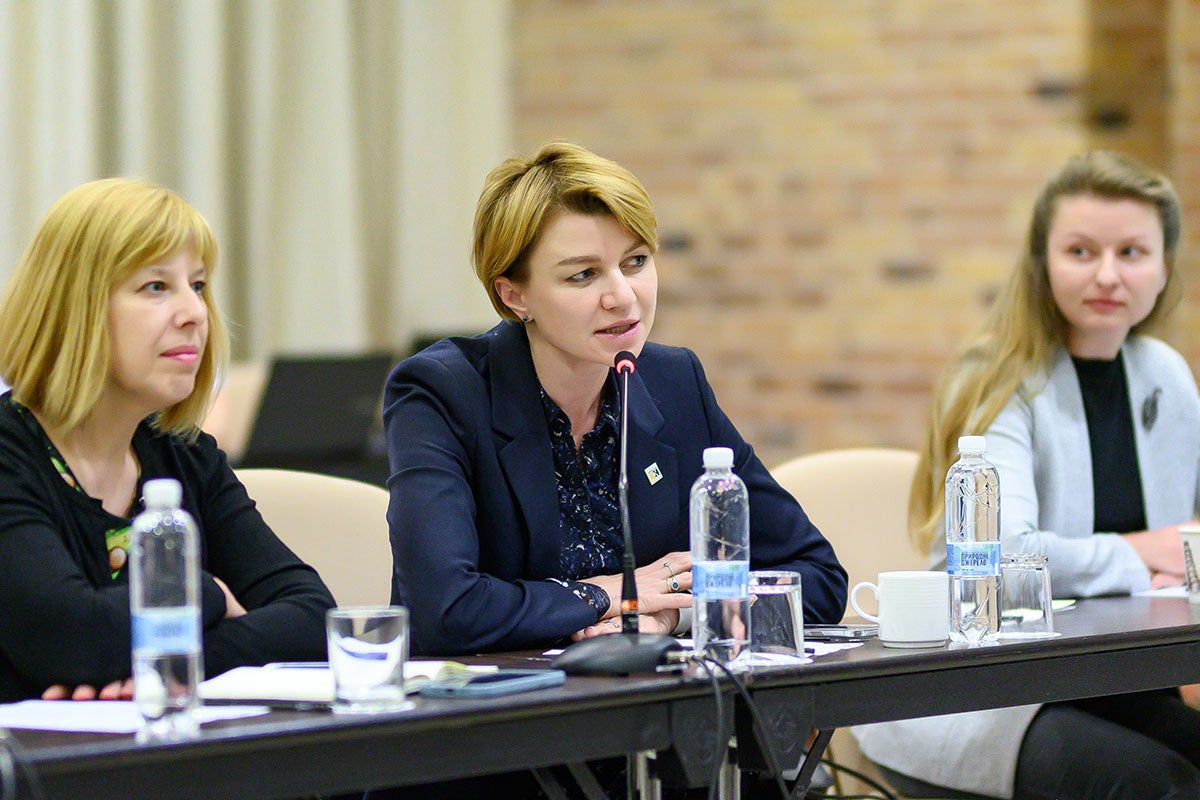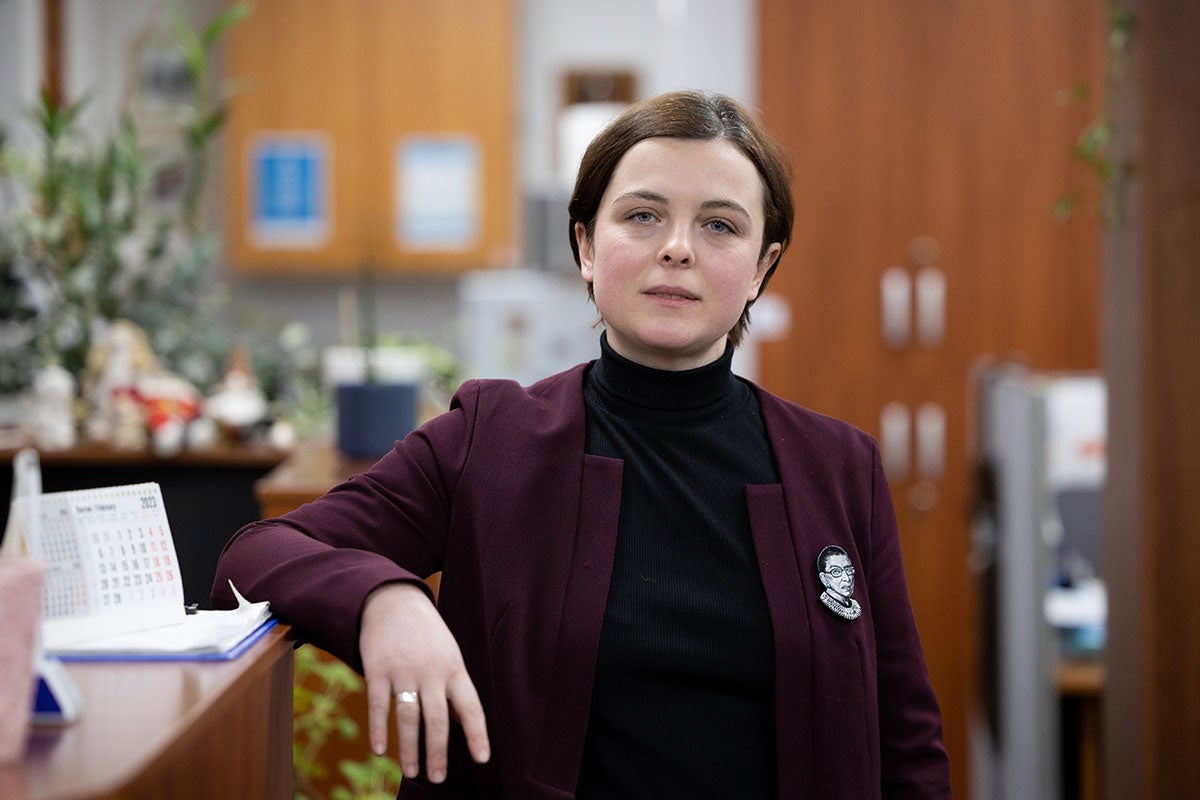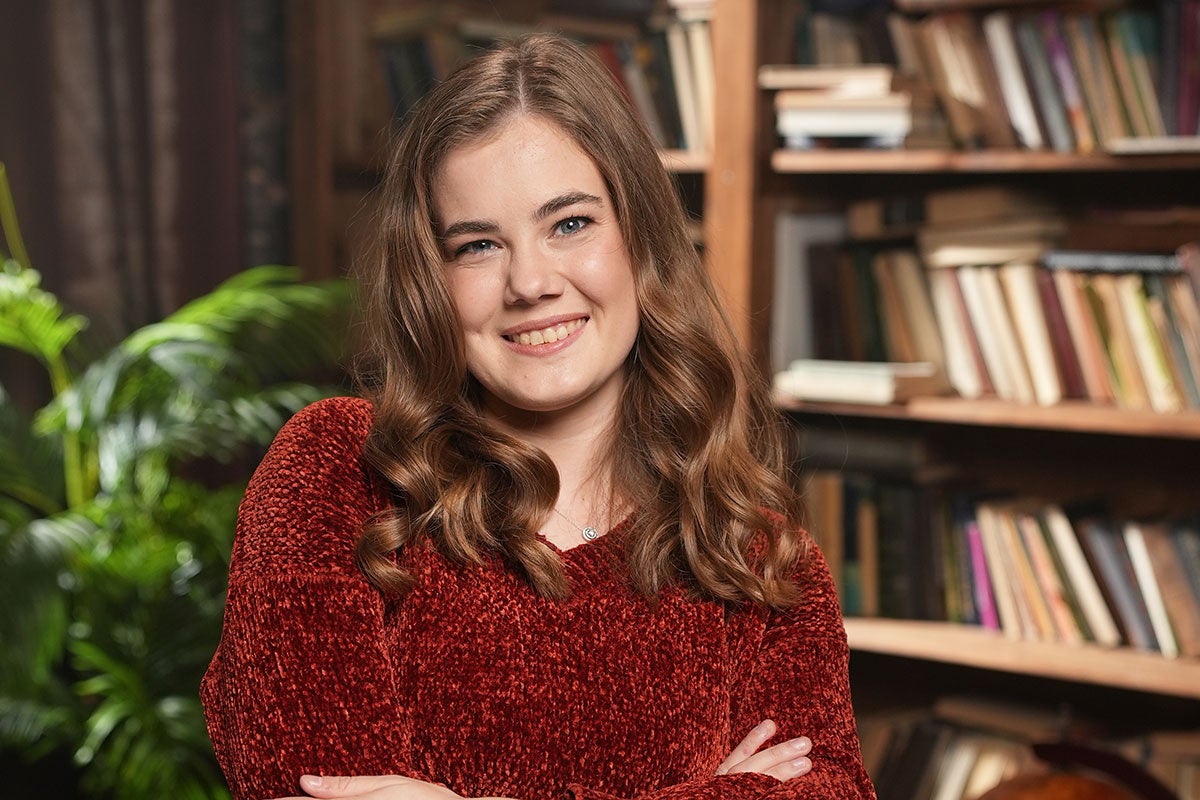‘One of the most profound humanitarian crises of our time’ – How Ukrainian women support one another after three years of Russia’s full-scale war
As Russia’s full-scale invasion of Ukraine is set to begin its fourth year, more than 1.7 million women and girls remain internally displaced throughout the country, according to IOM data. The war has been devastating for all the 3.7 million internally displaced persons in Ukraine – and also imposes gender-specific burdens on women and girls.

Ukraine war impact on women
“Russia’s ongoing invasion of Ukraine has created one of the most profound humanitarian crises of our time, disproportionately affecting women and girls,” says Halyna Skipalska, Executive Director of the Ukrainian Foundation for Public Health and Country Director of HealthRight International in Ukraine.
“Many women bear the burden as mothers and caretakers, while others are forced to flee as refugees or take active roles as community volunteers and leaders in reconstruction efforts,” she said.

Gender-based violence in Ukraine
In 2024, UN OCHA estimated that 2.5 million people in Ukraine, predominantly women and girls, required services related to gender-based violence prevention.
To deploy such services, UN Women provides technical support to Skipalska’s foundation and its SafeWomenHUB project, which works with women and girls on the war’s frontlines. Since April 2022, the project’s psychologists, social workers, and legal specialists have provided more than 46,000 consultations and services to 19,500 women and girls, supporting survivors of gender-based and domestic violence, as well as conflict-related sexual violence.
Skipalska shared stories from women who received services on the SafeWomenHUB platform, including one who said she could “now sit next to a man on a bus without feeling overwhelming fear”, and another who was able to visit her father in a military hospital without facing anxiety at the sight of military uniforms.
“The feedback we receive from survivors underscores the transformative impact of our work,” Skipalska noted. “Women report improvements in sleep, reductions in anxiety and nightmares, and a restored ability to engage socially.”
UN Women is also working with local groups such as JurFem, one of the first associations of women lawyers in Ukraine, to provide legal support for survivors of violence and to reform Ukraine’s legal frameworks around sexual violence.
“When we talk about gender-based violence and sexual violence not related to the war, there are still not enough resources and support in this area,” said JurFem chairwoman Khrystyna Kit. “Most resources are now focused on the war, which is obvious because of our challenges. But today, we also need to support organizations that work with non-war-related violence to develop access to justice and support women in general.”
Jurfem is advocating for systemic changes in how sexual violence cases are handled in Ukraine.
“We have seen that in the case of sexual violence, people do not want to contact law enforcement agencies and prefer to resolve the issue on their own. They don’t trust them or the effectiveness of their work,” Kit said. “Our approach to assisting has changed to build trust in the law enforcement system, show people the importance of reporting, and help them understand where they can get this help.”

Women-led community support in Ukraine
The war has not only amplified the needs of women survivors of sexual and gender-based violence; it has also had dire economic consequences for women forced to leave their jobs and livelihoods behind.
Kateryna Zhuchenia works to support displaced women rebuilding their careers as a programme manager for the Happy Monday organization. Happy Monday’s Women for the Future project, supported by UN Women, has since 2022 reached more than 74,000 women through its employment programmes aimed at helping women find and well-paying jobs that restore their financial independence.
“Daily, we work with women who feel this very heavy extra physical and emotional load generated by the full-scale war,” she explains.
“We support those who now have their relatives on the frontline, those taking responsibility for their families, and those trying to develop professionally to cover their family’s needs,” Zhuchenia said. “It’s a very hard task, but it also motivates us to help those who will be able to help others afterward.”









